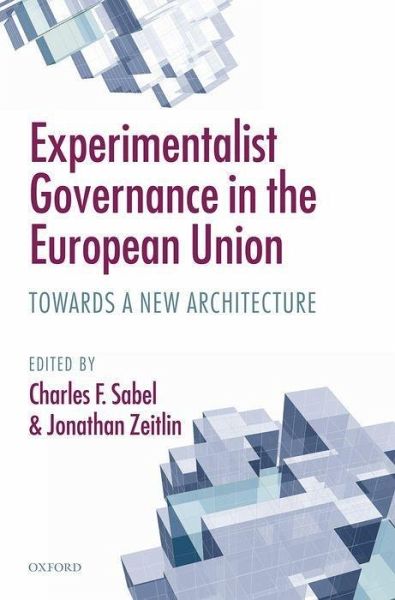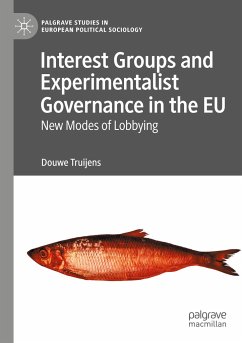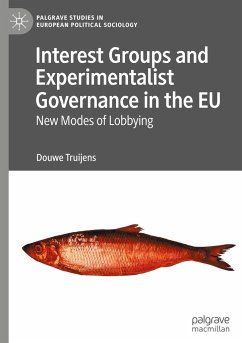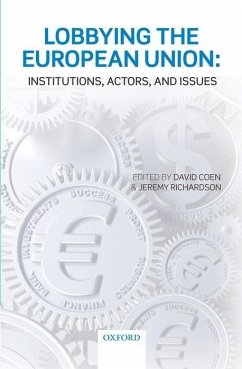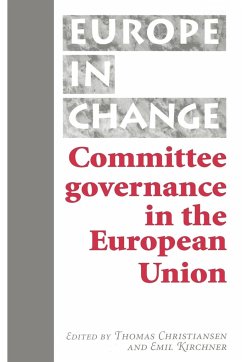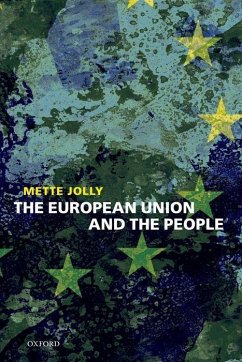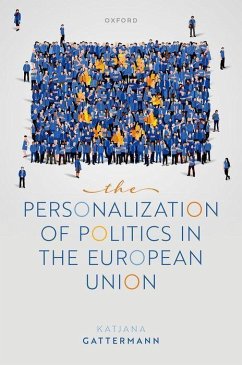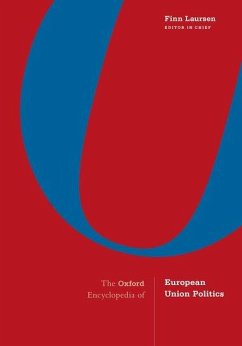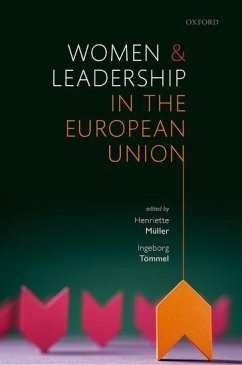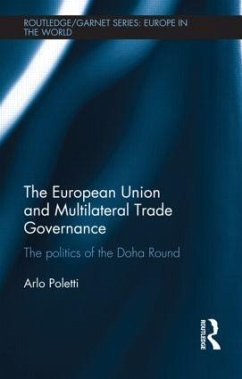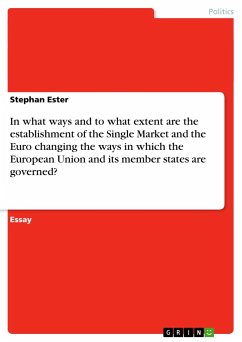Charles F. Sabel is Professor of Law and Social Science at Columbia Law School, a post he has held since 1995. He was formerly the Ford International Professor of Social Science at the Massachusetts Institute of Technology. His publications include Learning by Monitoring (2006, Cambridge, MA: Harvard University Press), A Constitution of Democratic Experimentalism (with Michael C. Dorf, 2006, Cambridge, MA: Harvard University Press) Can We Put an End to Sweatshops? A New Democracy Form on Raising Global Labor Standards (with Archon Fung and Dara O'Rourke, 2001, Beacon Press), Worlds of Possibility (ed. with Jonathan Zeitlin, 1997, Cambridge University Press), Ireland: Local Partnerships and Social Innovation (with the LEED Programme of the OECD, 1996), The Second Industrial Divide: Possibilities for Prosperity (with Michael Piore, 1984, Basics Books), Work and Politics: The Division of Labor in Industry (1982, Cambridge University Press). Jonathan Zeitlin is Professor of Public Policy and Governance within the Department of Political Science at the University of Amsterdam. He previously taught at the University of Wisconsin-Madison, where he directed the European Union Center of Excellence and the Center for World Affairs and Global Economy (WAGE). He has published extensively on new forms of governance in the European Union, as well as on comparative and historical analysis of business organization, employment relations, and public policy. He is frequently invited to provide policy advice and present his research on EU governance to European institutions, national governments, think tanks, and NGOs. Among his recent books are Changing European Employment and Welfare Regimes (Routledge, 2009); The Oxford Handbook of Business History (OUP, 2007); and The Open Method of Coordination in Action (PIE-Peter Lang, 2005).
